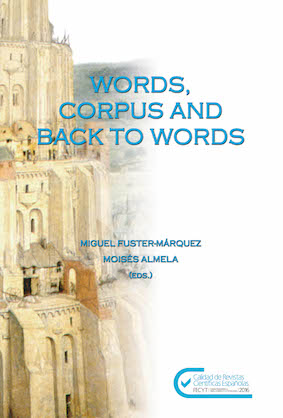Impartially prosecuting “the total contempt for the Constitution”: Evaluative lexis in the criminal complaint filed by the Public Prosecutor of Catalonia against Carme Forcadell i Lluís
DOI:
https://doi.org/10.7203/qf.22.11302Keywords:
criminal complaint, sentiment analysis, text polarity, subjectivity, appraisal theory Abstract
Abstract
This paper proposes a semantic-discursive study of the two criminal complaints filed by the Public Prosecutor of Catalonia against Mrs. Carme Forcadell i Lluís, President of the Catalan Parliament, and against key members of the Catalan Parliament’s Bureau for the crimes of disobedience and misconduct. Combining sentiment analysis, corpus linguistics and appraisal theory, this study denies the idea according to which a criminal complaint seeks the application of general norms to concrete cases in an objective fashion. Far from being factual or ideational, the Prosecutor’s utterances are laden with interpersonal meanings and reveal subjective implication with a vehemence reminiscent of political invective.
 Downloads
Downloads
Published
How to Cite
-
Abstract871
-
PDF (Español)392
-
PDF141
-
PDF (Català)184
Issue
Section
License
 Este obra está bajo una licencia de Creative Commons Reconocimiento-NoComercial-SinObraDerivada 4.0 Internacional.
Este obra está bajo una licencia de Creative Commons Reconocimiento-NoComercial-SinObraDerivada 4.0 Internacional.
Authors who publish with this journal agree to the following terms:
- Authors retain copyright and grant the journal right of first publication with the work simultaneously licensed under a Creative Commons Attribution License that allows others to share the work with an acknowledgement of the work's authorship and initial publication in this journal.
- Authors are able to enter into separate, additional contractual arrangements for the non-exclusive distribution of the journal's published version of the work (e.g., post it to an institutional repository or publish it in a book), with an acknowledgement of its initial publication in this journal.
- Authors are permitted and encouraged to post their work online (e.g., in institutional repositories or on their website) prior to and during the submission process, as it can lead to productive exchanges, as well as earlier and greater citation of published work (See The Effect of Open Access).




